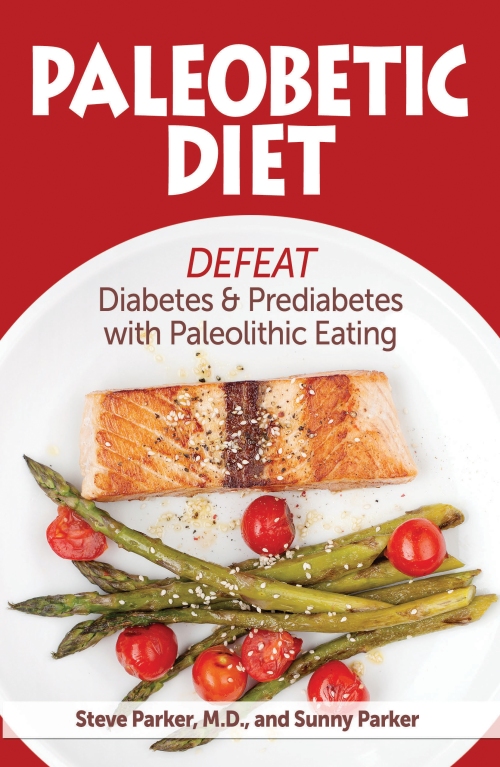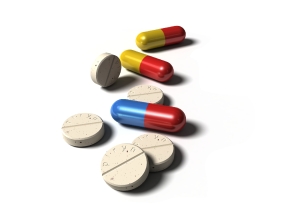Tresiba joins other long-acting insulins like insulin glargine (Lantus), insulin detemir (Levemir), and good ol’ NPH insulin. While FDA-approved in the U.S. only this year, it’s been used in other countries for some time. Insulin degludec will have different names depending on the country.
Who Is It For?
- Adults with type 1 and 2 diabetes
- Not for diabetic ketoacidosis
- We have no good data on use in children (under 18), pregnant women, and nursing mothers
How Long Does It Work?
It will last for at least 30 hours in most users. After that, effectiveness starts to taper off but some effect may be seen as long as 42 hours after the injection.
What Is Its Role In Treating Diabetes?
Insulin degludec is a basal insulin, meaning that it runs in the background continuously. It’s not designed to reduce blood sugar that rises after a meal. If your pancreas still makes insulin, release of that insulin may reduce after-meal glucose levels adequately. Otherwise, after-meal glucose elevations are addressed with bolus insulin injections. Bolus-type insulins are the rapid-acting ones like Humalog and Novolog.
Most NPH insulin users, and some insulin glargine (Lantus) users, need the injection twice daily. Because of its long duration of action, Triseba users should never need more than one injection daily. I don’t have much experience with Levemir because the hospital where I work doesn’t stock it.
Triseba users should take it at about the same time daily. If you miss that time by up to five or six hours either way, it probably won’t matter.
What’s the Dose?
For type 2 diabetics who have never used insulin, the starting dose is typically 10 units/day.
For type 1’s switching from other insulins, the usual starting dose is one-third to one-half of the total daily insulin dose, plus rapid-acting bolus insulin around meal times for the remainder.
Change the dose no more often than every three or four days.
How Much Does It Cost?
I don’t know. Likely more than some of the other basal insulins.
Steve Parker, M.D.
PS: Click here for full prescribing information.
PPS: If glargine, degludec, and detemir sound like Greek to you, you’ll appreciate my book.








